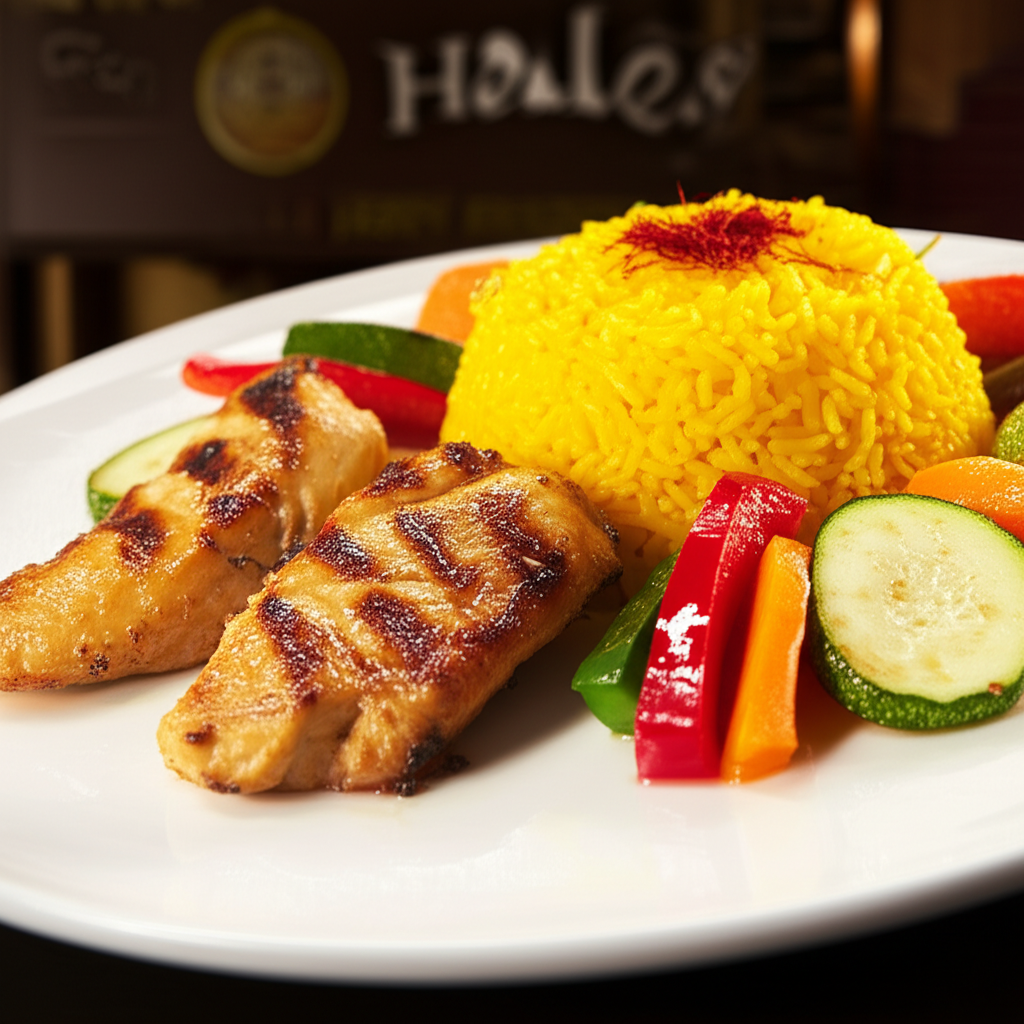
Kelantan is taking significant steps to strengthen halal compliance across its business sector, with new regulations making certification mandatory for food and beverage establishments seeking license renewals. The policy, announced by state officials, will initially be enforced by the Kota Bharu Municipal Council before expanding to other local councils. This move marks a departure from the voluntary halal certification system that has been in place at the federal level since 1974.
The state has already issued 453 halal certificates this year to various businesses, including hotels, pharmacies, and salons. According to Asri Mat Daud, chairman of the Islamic development committee, Malay-owned businesses account for 405 of these certifications, while 48 were granted to non-Muslim entrepreneurs. The certification process involves strict adherence to eight key criteria, ensuring compliance not only with food standards but also hygiene, ingredient sourcing, and facility conditions.
Authorities are conducting unannounced inspections in collaboration with multiple agencies, including the Kelantan Islamic Affairs Department and the Health Ministry, to verify compliance. The initiative aims to uphold halal integrity while supporting businesses in meeting regulatory expectations. While the timeline for statewide enforcement remains unclear, officials emphasize that the policy will be implemented gradually.
This development reflects Kelantan’s commitment to aligning business practices with Islamic principles, setting a precedent that other states may follow. The move also highlights the growing importance of halal certification beyond the food industry, extending to sectors like hospitality and personal care.